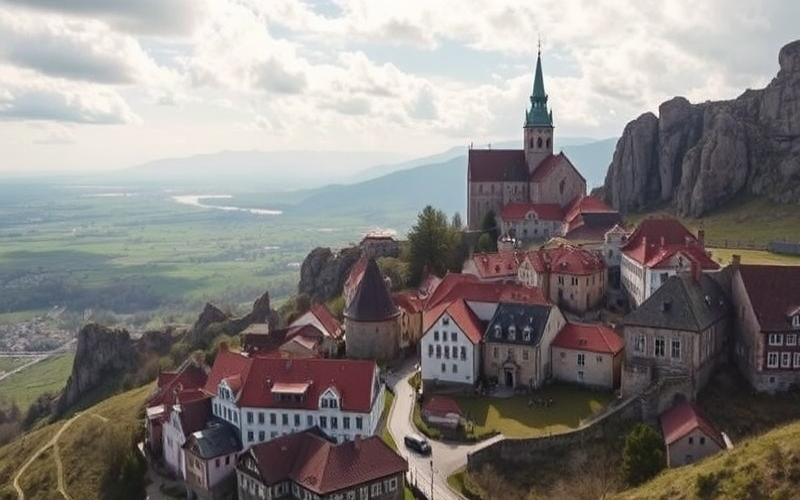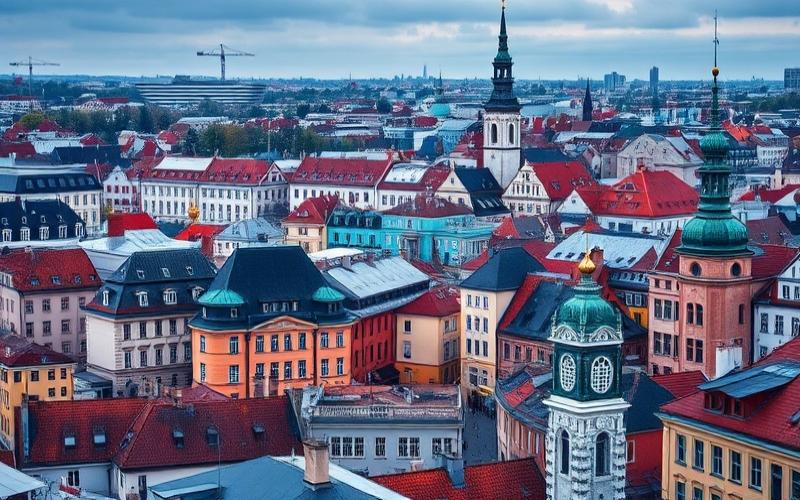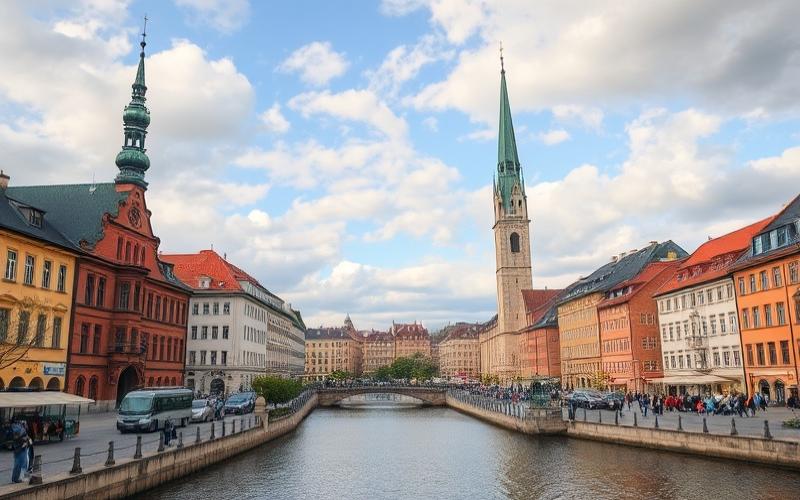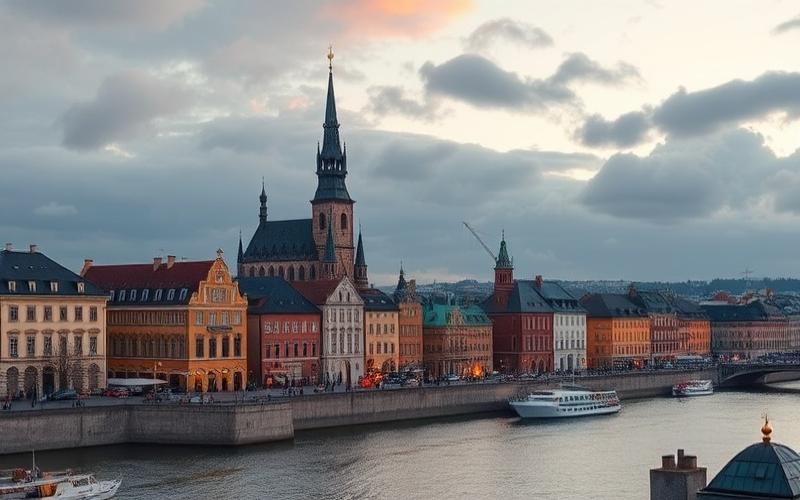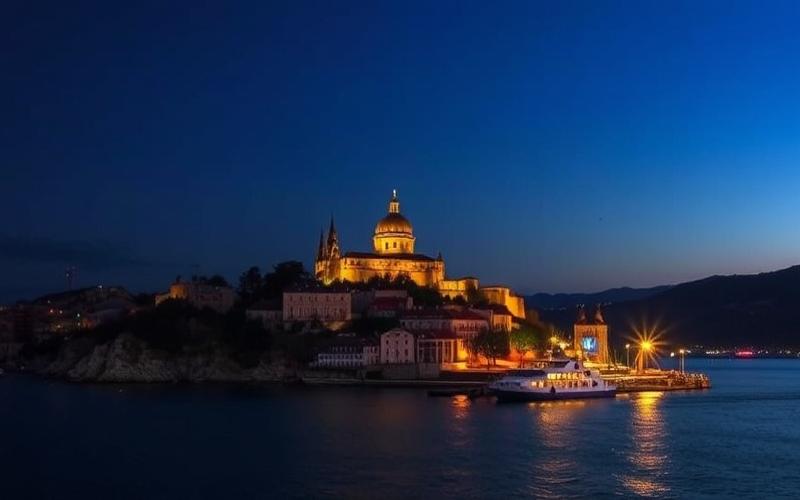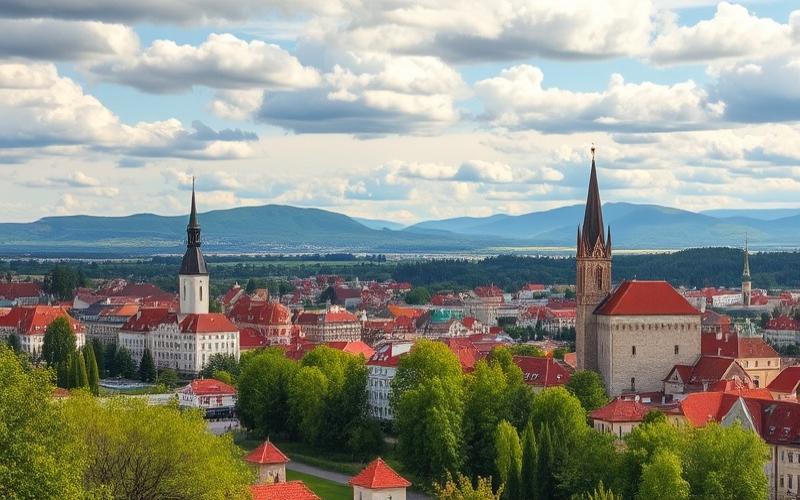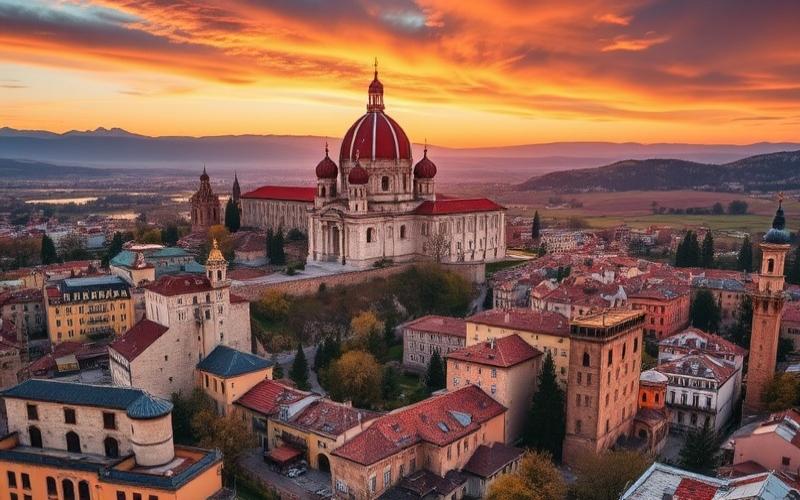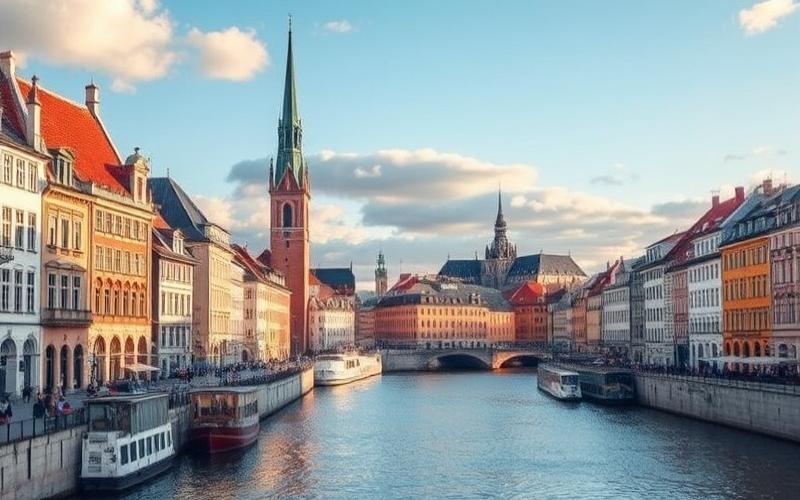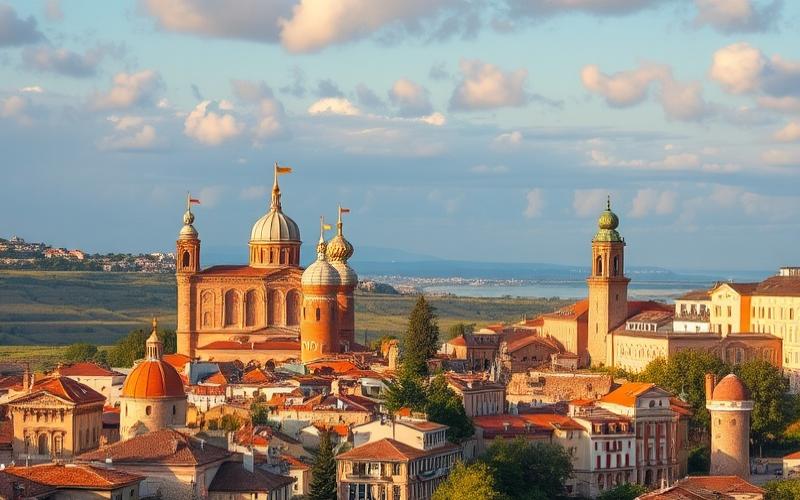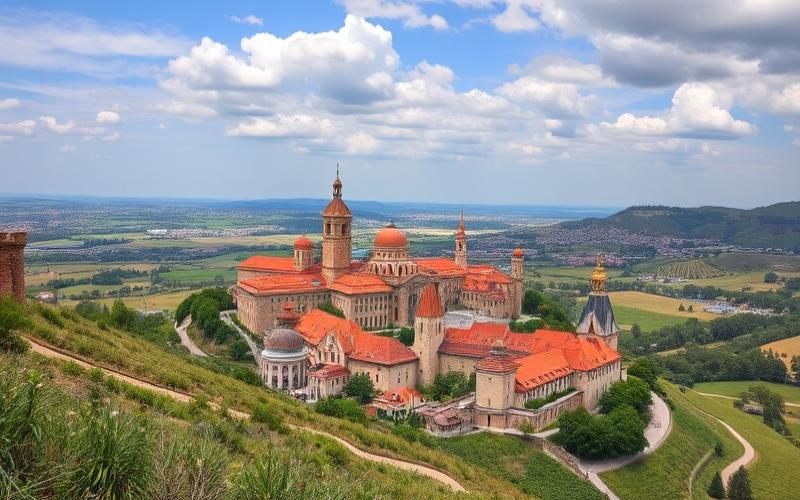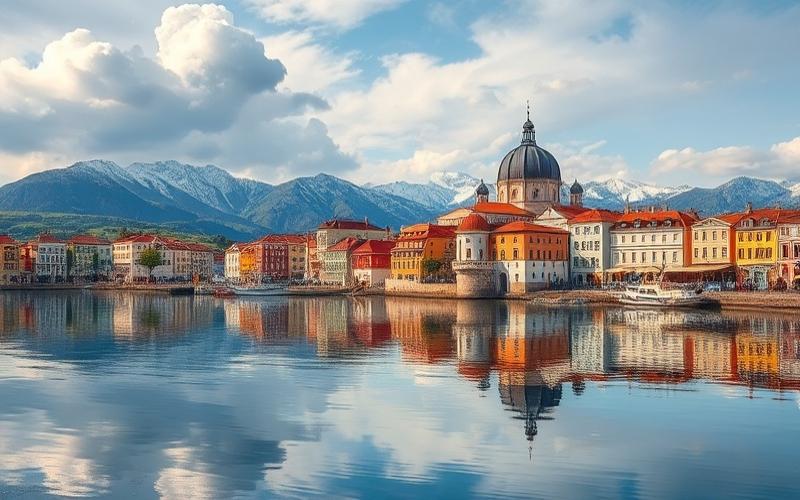
 Published on and written by Cyril Jarnias
Published on and written by Cyril Jarnias
Estonia, a Baltic country located in northeastern Europe, offers a unique and diverse religious landscape. For expatriates settling in this country, understanding local religious practices is essential for integrating harmoniously into Estonian society. This article will guide you through Estonia’s religious specificities, their impact on daily life, and provide valuable advice for navigating this particular cultural context.
Religious Landscape in Estonia
Estonia is often considered one of the least religious countries in Europe. However, this statement deserves nuance. In reality, the Estonian religious landscape is characterized by great diversity and a unique approach to spirituality.
A Predominantly Non-Religious Society
According to recent statistics, approximately 70% of Estonians identify as non-religious or atheist. This trend can be partly explained by the country’s history, marked by decades of Soviet occupation that contributed to weakening traditional religious practices.
Main Religious Denominations Present
Despite this non-religious majority, several denominations coexist in Estonia:
- Orthodox Christianity (approximately 16% of the population)
- Lutheranism (approximately 10% of the population)
- Catholicism (less than 1% of the population)
- Other minority denominations (Islam, Judaism, Buddhism)
Unique Spirituality
It’s important to note that many Estonians, although not affiliated with a specific religion, maintain a strong connection with nature and ancient pagan traditions. This form of spirituality, often referred to as “neo-paganism” or “maausk” (earth belief), influences local culture and practices.
Good to Know:
Although Estonia is considered a largely secularized country, freedom of religion is fully guaranteed by the Constitution. Expatriates of all faiths can freely practice their religion, in compliance with local laws.
Impact of Religious Practices on Daily Life
Despite the apparent low religiosity of Estonian society, religious practices and traditions continue to influence daily life in various ways.
Holidays and Celebrations
The Estonian calendar includes several holidays of religious origin, mainly Christian:
- Christmas (December 24, 25, and 26)
- Good Friday and Easter (variable dates)
- Pentecost (variable date)
These days are generally celebrated by the entire population, regardless of religious affiliation, and are occasions for family gatherings and cultural traditions.
Traditions and Customs
Some Estonian traditions, although having religious origins, are now largely secularized and form an integral part of local culture. For example, St. John’s Day (Jaanipäev), celebrated on June 24, is a popular festival mixing Christian and pagan elements, marked by bonfires and outdoor celebrations.
Architecture and Heritage
Churches and other religious buildings, although less frequented than in the past, remain important elements of the Estonian urban and rural landscape. Tallinn’s Old Town, a UNESCO World Heritage site, houses many medieval churches that testify to the country’s religious history.
Good to Know:
Even though regular religious practice is not widespread, many Estonians continue to mark life’s major milestones (baptisms, weddings, funerals) with religious ceremonies, often due to family tradition rather than personal conviction.
Behavioral Codes and Adaptations for Expatriates
For expatriates settling in Estonia, it’s important to understand and respect the local approach to religion and spirituality.
Respect for Diversity
Estonia is a tolerant society where diversity of beliefs is generally respected. Expatriates should not hesitate to practice their religion, while remaining discreet and respectful of local sensitivities.
Avoiding Proselytism
Estonians tend to consider religion a private matter. Active proselytism or unsolicited religious discussions may be poorly received. It’s preferable to approach these topics only if the other person expresses interest.
Participation in Local Traditions
Participating in local celebrations, even those with religious origins, is an excellent way to integrate and discover Estonian culture. Expatriates are generally welcome at these events, whether or not they share the underlying beliefs.
Respect for Places of Worship
When visiting churches or other places of worship, it’s important to respect appropriate dress codes and behavior, even if these places are often considered tourist attractions.
Good to Know:
Many Estonians, although non-practicing, appreciate the cultural and architectural heritage of their churches. Visiting these places can be an excellent opportunity to learn more about the country’s history and culture.
Religious Freedom and Resources for Expatriates
Estonia guarantees freedom of religion and belief to all its residents, including expatriates.
Legal Framework
The Estonian Constitution protects freedom of religion and prohibits any discrimination based on religious beliefs. Expatriates have the right to freely practice their religion, in compliance with local laws.
Religious Communities
Although minority, various religious communities are present in Estonia, particularly in large cities like Tallinn and Tartu. Expatriates can generally find places of worship and communities corresponding to their faith.
Available Resources
Several resources are available to expatriates wishing to practice their religion in Estonia:
- Your country’s embassy or consulate can often provide information about local religious communities
- Expatriate groups and associations can be valuable sources of information and support
- The Estonian Ministry of Interior has a department of religious affairs that can provide official information
Religious Education
For expatriate families, it’s important to note that religious education is not mandatory in Estonian public schools. However, courses on religious history and ethics are often offered as optional subjects.
Good to Know:
Although Estonia is a largely secularized country, interreligious dialogue is encouraged. Initiatives like “Religious Tolerance Week” offer opportunities to discover and exchange about different religious traditions.
Conclusion
Understanding local religious practices in Estonia is essential for successful integration of expatriates. Although the country is largely secularized, freedom of religion is fully guaranteed, and diversity of beliefs is respected. Expatriates can freely practice their religion while discovering the unique traditions of this Baltic country.
The Estonian approach to religion, characterized by a form of spirituality connected to nature and respect for cultural traditions, offers an interesting perspective on the coexistence between secularism and religious heritage. By adopting an open and respectful attitude, expatriates can not only live their faith in harmony with local society, but also enrich their understanding of cultural and spiritual diversity.
Disclaimer: The information provided on this website is for informational purposes only and does not constitute financial, legal, or professional advice. We encourage you to consult qualified experts before making any investment, real estate, or expatriation decisions. Although we strive to maintain up-to-date and accurate information, we do not guarantee the completeness, accuracy, or timeliness of the proposed content. As investment and expatriation involve risks, we disclaim any liability for potential losses or damages arising from the use of this site. Your use of this site confirms your acceptance of these terms and your understanding of the associated risks.

